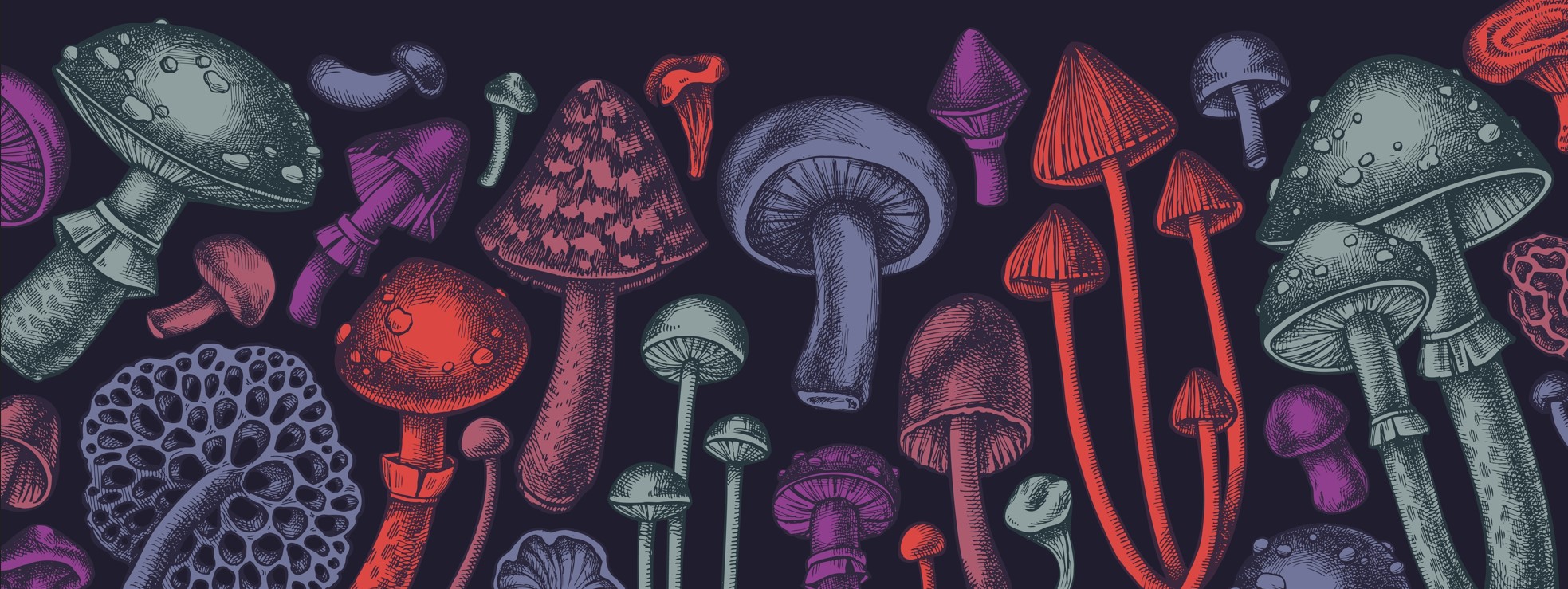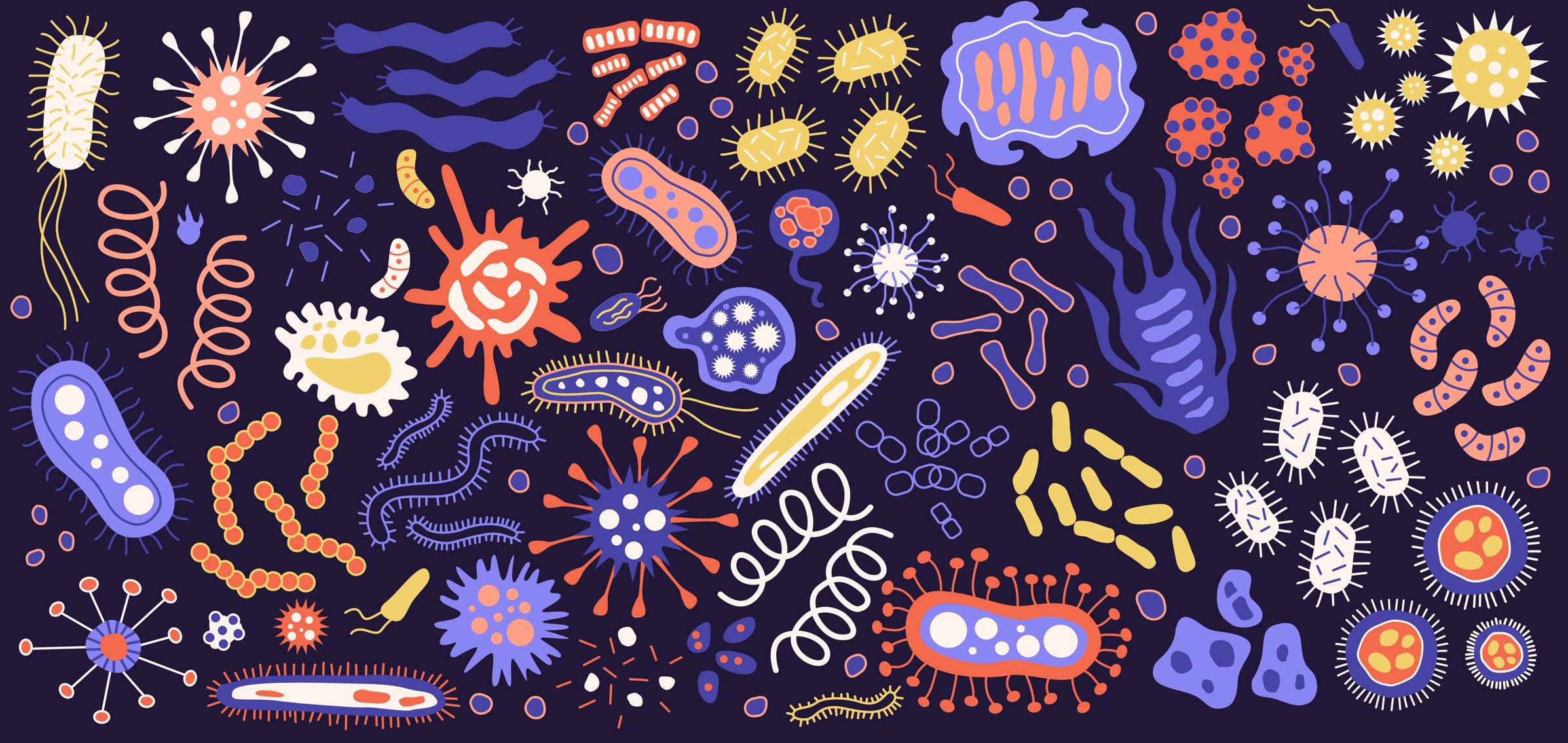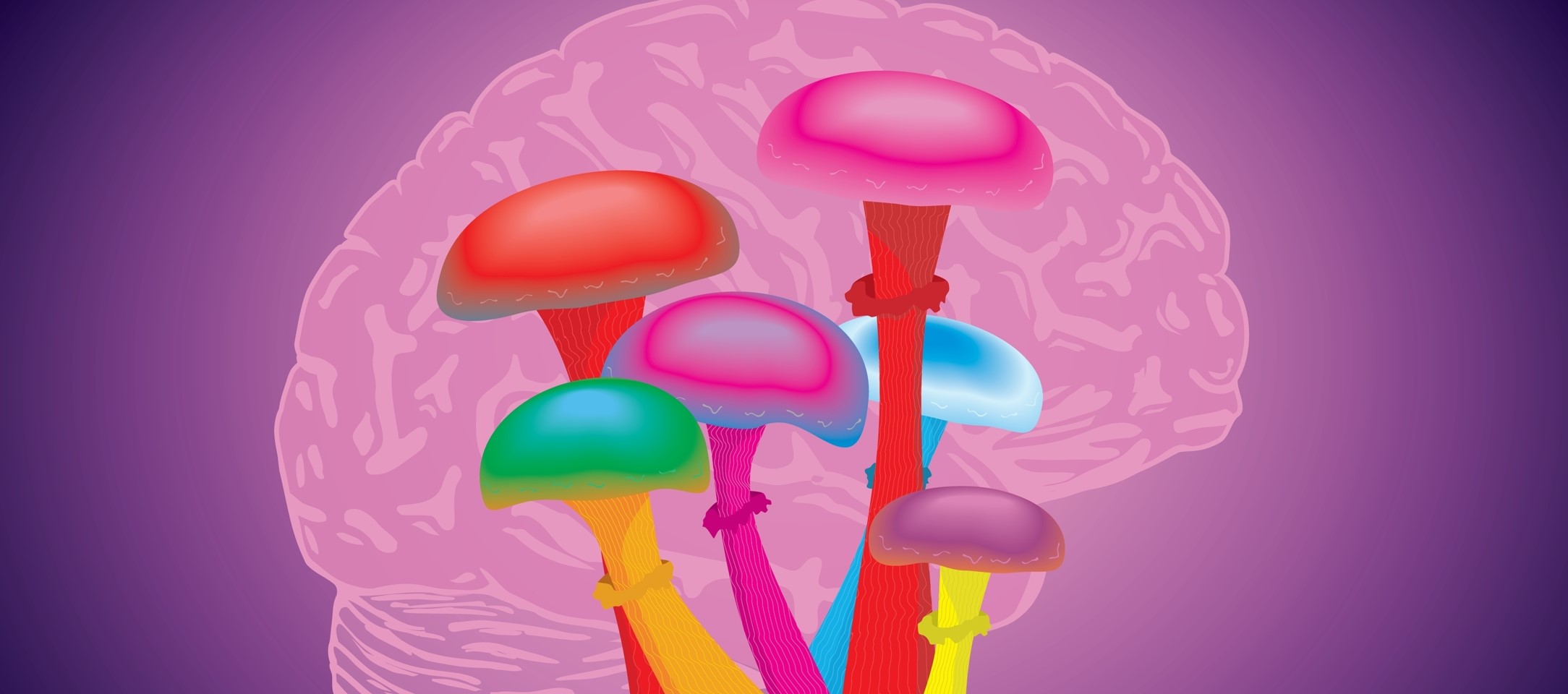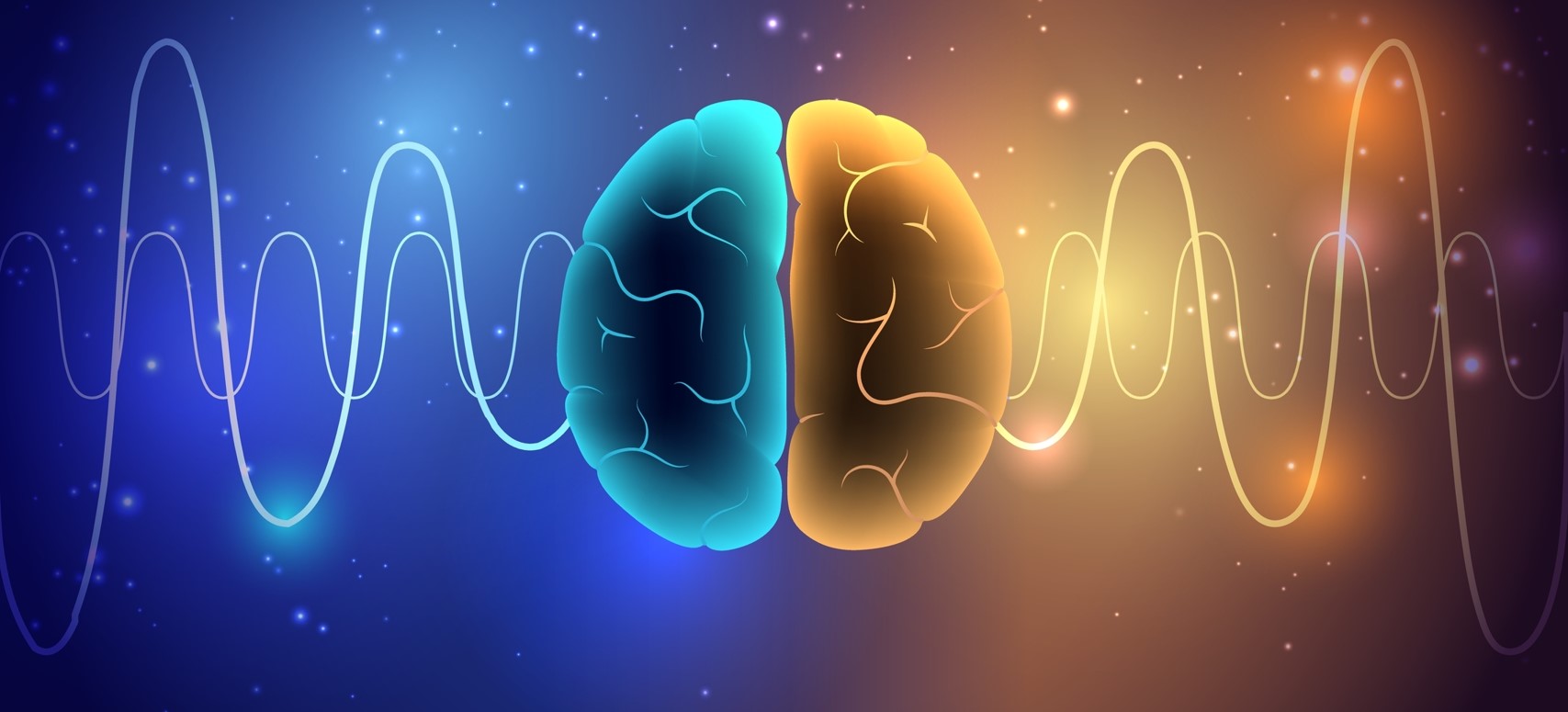Disclaimer: We do not sell drugs, psychedelics or hallucinogens. We offer a safe space for holistic retreats.
Early Bird 10% Discount on - 5 day retreats booked with deposit paid 6 weeks in advance.

Friends of the Vine retreats offer a unique and transformative experience, blending the serenity of nature with the healing potential of mushroom-assisted therapy. Our retreats provide a safe and supportive environment for people to explore the profound effects of these natural substances, guided by experienced facilitators. Immerse yourself in a journey of self-discovery, healing, and personal growth amidst the picturesque backdrop of our retreat location. Join us for a holistic approach to well-being that harmonises the therapeutic potential of mushrooms with the beauty of nature, fostering a deeper connection with oneself and the world around us.

Discover the transformative possibilities that Friends of the Vine retreats can support you in unfolding for your mental, emotional, and spiritual well-being. To explore oneself in the river of life is part of the beauty of our experience.
Psilocybin is typically pronounced as "sigh-loh-sigh-bin."
Psilocybin, is a naturally occurring psychedelic compound found in certain mushrooms and truffles. Let's embark on a journey through the biology of these fungi, unravel the historical roots, and explore the diverse cultural and therapeutic applications of Psilocybin.

Primarily found in mushrooms belonging to the family Psilocybe, Panaeolus, and others. These Magic mushrooms thrive in various ecosystems, forming relationships with plants. Psilocybin acts as a mechanism to deter predators, affecting the neurotransmitter serotonin in the brain and leading to altered perceptions (Stamets, 1996)^1^.
Psilocybin-containing mushrooms date back centuries, with evidence suggesting their ritualistic use in indigenous cultures. Ancient civilizations like the Aztecs and Mayans considered these mushrooms sacred, druids, the ancient Celtic religious leaders, were also known for their spiritual practices and rituals. Some speculate that certain mushrooms, including those containing psilocybin, might have been part of their ceremonial practices. using them in religious ceremonies for divination and shamanic practices (Wasson, 1980)^2^. This fostered a profound connection between humans and nature, emphasising the spiritual and mystical aspects associated with Psilocybin.
In current cultural landscapes, there appears to be a renaissance (a phrase coined by many enthusiasts) of interest and exploration surrounding Psilocybin. Shifts in attitudes are evident as society engages in a conversation that goes beyond the historical stigma and prohibition associated with psychedelic therapy and ceremonies. A convergence of factors, including scientific research, changing legal approaches, and a broader cultural openness to alternative therapies, has propelled Psilocybin into the mainstream discourse.
Scientific exploration into the therapeutic potential of Psilocybin has generated a lot of attention, fostering a more informed and and hopefully positive conversation in society. Research studies highlighting its efficacy in mental health treatments have sparked discussions about integrating Psilocybin-assisted psychotherapy into conventional healthcare practices. There is a paradigm shift in drug policy and public perception is occurring, with some regions such as the rest of Europe catching up with Portugal & decriminalising or reconsidering Psilocybin's legal status. This has allowed for a more open and nuanced exploration of its potential benefits. Within our psilocybin assisted therapy, there is an emphasis on responsible use, harm reduction, and education. Including Friends of the Vine Retreats advocacy groups and individuals are actively promoting safe and informed experiences, contributing to a culture that values the conscious and intentional use of Psilocybin.
In recent years, Psilocybin has quite correctly regained attention for its potential therapeutic benefits. Research indicates very promising results in the treatment of mental health conditions such as depression, anxiety, and PTSD. Psilocybin-assisted therapy sessions involve carefully guided experiences, allowing individuals to explore their emotions and memories. This process can facilitate deep introspection and promote emotional healing, offering a unique approach to mental health care (Griffiths et al., 2011)^3^.
Various clinical trials worldwide are actively investigating the therapeutic potential of Psilocybin. Notable studies aim to unlock its efficacy in treating mental health disorders, marking a paradigm shift in psychedelic research. In the United States, clinical trials registered on ClinicalTrials.gov explore Psilocybin-assisted therapy for conditions like depression, anxiety, and PTSD. Leading institutions, including Johns Hopkins University and NYU, spearhead groundbreaking trials examining its impact on mental health.
In Europe, institutions like Imperial College London look into Psilocybin's effects on depression and anorexia nervosa, expanding the understanding of its therapeutic applications. These site-specific trials adhere to rigorous protocols, emphasising patient safety and scientific validity. As these studies progress, they contribute pivotal insights to the evolving benefits of psychedelic-assisted therapy, fostering hope for novel, effective interventions in mental healthcare.
Treatment-Resistant Depression: Psilocybin has shown remarkable efficacy in the treatment of depression, particularly in individuals who have not responded to conventional antidepressant medications. Clinical trials have demonstrated rapid and sustained reductions in depressive symptoms following psilocybin-assisted therapy sessions, with some participants reporting improvements lasting several months.

Anxiety Disorders: Psilocybin has shown promise in the treatment of various anxiety disorders, including generalized anxiety disorder (GAD), social anxiety disorder (SAD), and existential distress in patients with life-threatening illnesses. Psilocybin-assisted therapy sessions can induce profound mystical or spiritual experiences that may lead to significant reductions in anxiety and existential distress.
Addiction: Research suggests that psilocybin-assisted therapy may be beneficial for individuals struggling with substance use disorders, including alcoholism, tobacco addiction, and opioid dependence. Psilocybin has been shown to disrupt addictive patterns of behavior, increase motivation for change, and promote insights into the underlying causes of addiction.
Post-Traumatic Stress Disorder (PTSD): Preliminary studies suggest that psilocybin-assisted therapy holds promise as a treatment for PTSD, a debilitating condition characterized by intrusive memories, hypervigilance, and emotional numbing. Psilocybin therapy can facilitate the processing and integration of traumatic memories, leading to reductions in PTSD symptoms and improvements in overall well-being.
End-of-Life Anxiety and Depression: Psilocybin has been investigated as a treatment for existential distress, anxiety, and depression in patients facing life-threatening illnesses, such as cancer. Psilocybin-assisted therapy sessions can help individuals confront their mortality, find meaning and purpose in life, and experience a sense of peace and acceptance.
Brain Connectivity: Psilocybin has been shown to promote neuroplasticity, the brain's ability to reorganize and form new neural connections. Functional imaging studies have demonstrated changes in brain connectivity patterns following psilocybin administration, suggesting potential therapeutic mechanisms underlying its effects on mood, cognition, and consciousness.
Cluster Headaches: Some studies suggest that psilocybin may be effective in reducing the frequency and intensity of cluster headaches, a severe form of headache disorder characterized by recurrent, excruciatingly painful episodes. Psilocybin's mechanisms of action in cluster headache treatment are not fully understood but may involve modulation of serotonin receptors and pain pathways.
It's important to note that while psilocybin shows promise as a therapeutic tool, it also carries risks, especially in unsupervised or recreational settings. Potential adverse effects include psychological distress, panic reactions, and exacerbation of underlying mental health conditions. Psilocybin-assisted therapy should be conducted under the guidance of trained professionals in safe and supportive environments. Additionally, further research is needed to fully understand the long-term effects and potential applications of psilocybin in medical settings.

Beyond clinical settings, Psilocybin has a rich history of recreational use. Enthusiasts seek a psychedelic experience characterised by altered perception, enhanced creativity, and a sense of interconnectedness with nature and the universe. However, responsible use is paramount, considering individual differences in response, potential legal implications, and the importance of a safe and supportive environment (Nichols, 2016)^4^.
As research into Psilocybin continues, the potential benefits for mental health treatment and personal development become increasingly evident. Studies are exploring the neurobiological mechanisms of Psilocybin, shedding light on how it interacts with the brain and influences cognition and perception (Carhart-Harris & Goodwin, 2017)^6^. This evolving scientific understanding may pave the way for innovative therapeutic approaches and contribute to a broader understanding of human consciousness.
References:
1. Stamets, P. (1996). Psilocybin Mushrooms of the World: An Identification Guide.
2. Wasson, R. G. (1980). The Wondrous Mushroom: Mycolatry in Mesoamerica.
3. Griffiths, R. R., Johnson, M. W., Richards, W. A., Richards, B. D., McCann, U., & Jesse, R. (2011). Psilocybin occasioned mystical-type experiences: Immediate and persisting dose-related effects.
4. Nichols, D. E. (2016). Psychedelics.
5. Nichols, D. E. (2016). Psychedelics.
6. Carhart-Harris, R. L., & Goodwin, G. M. (2017). The Therapeutic Potential of Psychedelic Drugs: Past, Present, and Future.